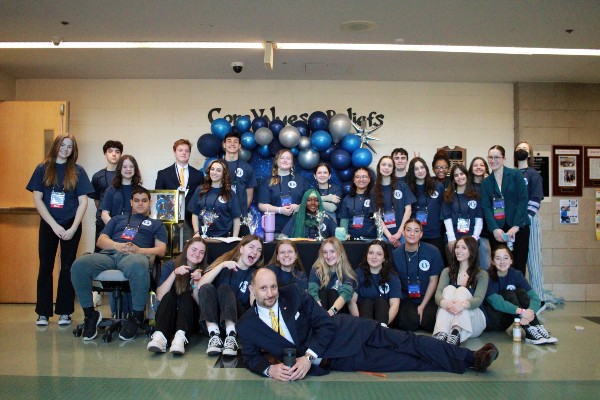Many words are commonly misused and abused every day. These words are misused in English class, via text, and in essays written, by procrastinators, the night before they are due. Aside from these situations, the list goes on. This will be a guide to commonly misused words. Therefore, anyone who needs to reference can conveniently check here.
Your and you’re may sound exactly the same, but they do not have the same meaning.
Your shows possession over something, while you’re means you are.
For Example: You’re going to your class at six.
Are, usually describes someone’s state of being. On the other hand, Our means to share something.
For Example: You are happy (you can convert this to you’re happy). or Would you like to see our school?
When these two words are said correctly they actually do not even sound the same.
A couple of common misused words are: There, they’re, and their.
There is a noun. It means a place.
They’re means they are.
Their shows possession.
For Example: She was affected by the effect of the chemicals.
Then there are transitional words, which often get confused with comparison words.
Then and than, then is a transitional word while than is used to compare two things.
For Example: Then he said he was better than you.
It and it’s also commonly get misused.
It shows possession.
It’s means it is.
Affect and effect are actually pretty tricky.
The affect is the result of the effect.
Effect is when something causes a result while affect is what happens due to the effect.
For Example: She was affected by the effect of the chemicals.
The last two words are principle and principal.
There can be many principles, but there may only be one principal.
Principles are guidelines or rules to follow.
A principal is an occupation, like the principal of the school.
These words are commonly misused and abused, but hopefully now it will not be so hard to figure out the difference between the most commonly misunderstood words in the English Language.


















